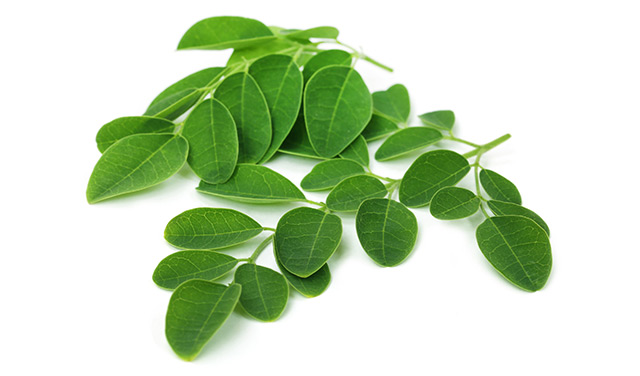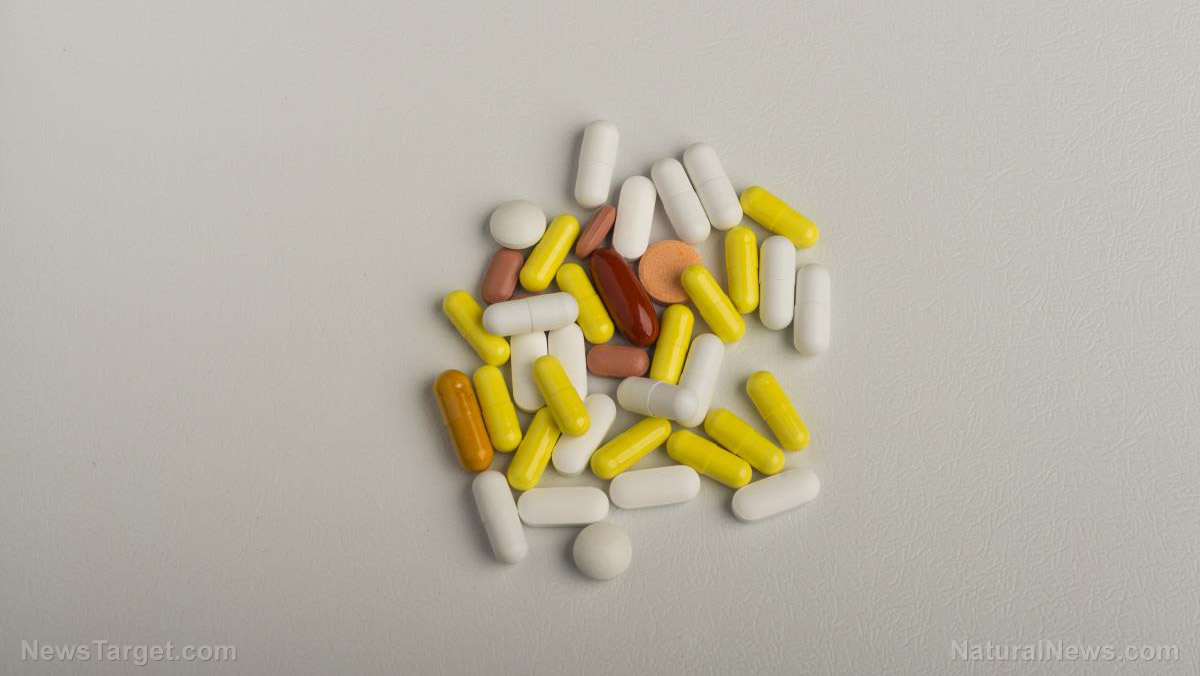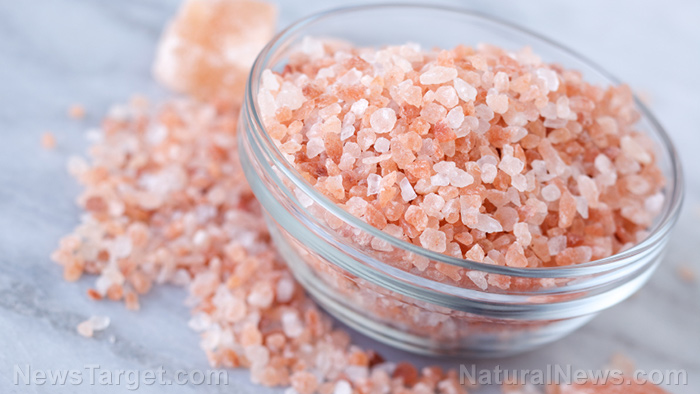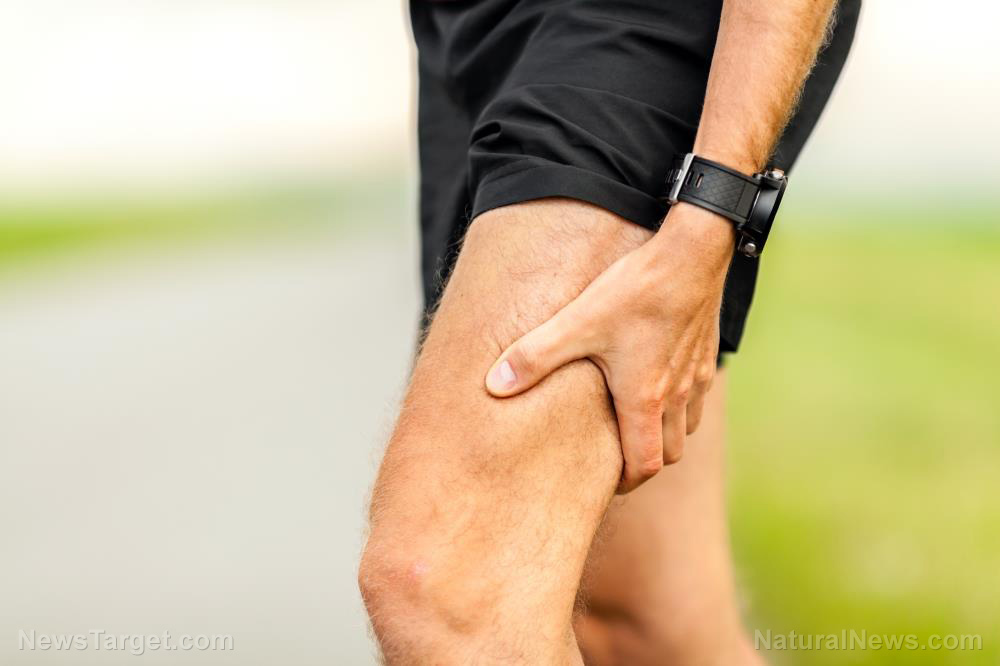Deep-sea mineral supplements promote faster recovery and reduced risk of injuries during exercise in middle-aged men
09/08/2018 / By Jessica Dolores

We already know that the ocean is a vast source of food and medicine, a wellspring of health, an escape from the stress of daily life. That’s why there’s a public clamor to protect it at all costs. Now, scientists have discovered another reason for us to treasure the ocean. Deep in its bowels are minerals and trace elements that can help middle-aged men stay healthy and speed up their recovery from disease.
This is the finding of a new research from the University of Taipei, where scientists from Taiwan, Thailand, and the U.K. conducted a study to find out the effects of deep ocean minerals (DOM) on the cerebral hemodynamic response of young and middle-aged men during exercise. Researchers observed 12 men who were 21 years old at the time of the study, and nine 45- to 48-year-old men. The men received either DOM (desalinated materials and trace elements from seawater gathered 618 meters below the earth) or a placebo before, during, and after physical exertion for two weeks. Researchers analyzed the men’s tissue hemoglobin while they were cycling.
The scientists found that the rate at which the men felt tired were the same for both age groups. The difference lay in the men’s levels of brain hemoglobin, a protein which transports oxygen all over the body. Middle-aged men who received DOM had markedly higher brain hemoglobin levels than their younger counterparts. The amount of neutrophils and lymphocytes – cells that show the presence of infection – increased after the middle-aged men exercised, but they decreased with DOM intake.
Researchers also discovered that men who took DOM had reduced inflammation. This led researchers to conclude that minerals and trace elements found deep in the ocean have great potential in raising the levels of cerebral hemoglobin in middle-aged men, especially after exercise. They added that DOM can be used as health supplements for men who face physical challenges like sports.
Here are other ways men over 40 can help themselves.
- Check those numbers — The next time you go to your favorite pharmacy, check your blood pressure, cholesterol and blood sugar levels, and weight. These figures will help your physician identify hidden risks for disease. For instance, higher blood pressure is a risk factor for heart disease, stroke and kidney failure.
- Look at your family history — When you hit 50, it’s time to examine your family tree and find out which diseases are part of your DNA. A predisposition for cancer and heart disease, for instance, is inherited. Age could raise your chances of developing these diseases. So it’s best to ask your healthcare provider how you can adjust your lifestyle and do other things to prevent these conditions. Dr. William Zoghbi, professor of medicine and president of the American College of Cardiology says men with a family history of colon cancer may want to get a colonoscopy when they reach 40. He adds that a calcium test can show if those arteries are beginning to harden.
- Watch out for vision problems — Taking lots of lycopene (found in red fruits and vegetables) and antioxidants will prevent macular degeneration which leads to blindness.
- Muscle up — Muscle mass decreases by around one percent when we hit 40.
- Load up on fiber — Metabolism decreases at around 40. Reduce those calories by staying away from sweets, but take lots of fiber from fruits and vegetables. Drink water more often.
- Quit smoking — It’s easier said than done, but giving up cigarettes will lower your chances of getting a heart attack, heart disease, stroke, kidney failure, and of course, lung cancer.
- Have your thyroid checked — The thyroid controls energy levels and hormones, and problems in this part of the body can cause fatigue, weight gain, hair loss and dull skin.
Middle age is the time to enjoy the fruits of your labor. And good health is one sure way to do this.
Sources include:
Tagged Under: blood flow, brain hemoglobin levels, cerebral blood flow, deep ocean minerals, exercise, fitness, injuries, Men's Fitness, men's health, middle age, middle-aged men, minerals, muscle tissue, muscles, nutrients, nutrition, ocean minerals, post-exercise recovery, slender, supplements, trace minerals, workout




















